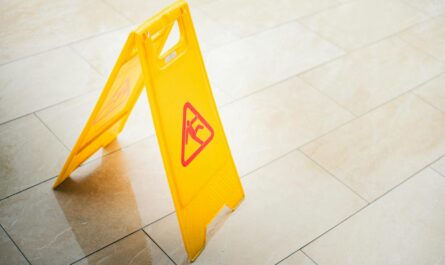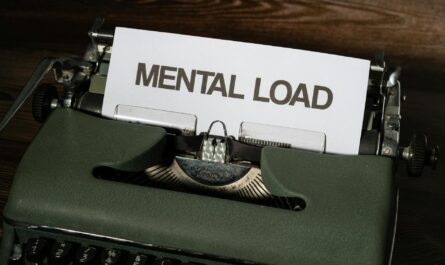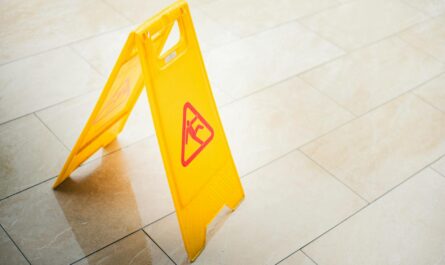Product liability insurance is a critical aspect of risk management for businesses that manufacture, distribute, or sell products. It protects companies from financial losses arising from claims of bodily injury or property damage caused by their products. Understanding its intricacies is crucial for safeguarding your business and its future.
What is Product Liability Insurance?
Product liability insurance covers the costs associated with lawsuits, settlements, and legal defense related to product defects. This includes injuries, illnesses, or property damage resulting from using your product. It’s not just about faulty manufacturing; it also encompasses inadequate warnings, improper design, or misrepresentation of the product. A comprehensive policy offers peace of mind, knowing you’re protected against potentially devastating financial repercussions. 
Who Needs Product Liability Insurance?
While seemingly obvious for manufacturers, a surprisingly broad range of businesses need this protection. Think beyond just factories. Retailers, distributors, wholesalers, and even some service providers who use or sell products can benefit significantly. If your business deals with tangible goods, it’s crucial to assess your risk and consider product liability insurance. The cost of a lawsuit can easily bankrupt a small business, making insurance a cost-effective preventative measure. Learn more about different types of coverage.
Types of Product Liability Claims
Claims can stem from various sources. There are claims related to manufacturing defects, such as faulty components or errors in the production process. Design defects involve flaws inherent in the product’s design, making it inherently unsafe. Marketing defects occur when the product’s labeling or advertising misrepresents its capabilities or safety, leading to misuse. Each type of claim presents unique challenges, highlighting the need for robust insurance coverage. 
The Importance of Risk Management
Product liability insurance is just one piece of a comprehensive risk management strategy. Proactive measures like rigorous quality control, clear labeling and warnings, and regular product testing are vital in preventing accidents and lawsuits. Combining insurance with robust preventative practices ensures a multi-layered approach to protecting your business. Remember, prevention is always better than cure, and a well-defined risk management plan can significantly reduce your exposure to liability claims. Read our guide to risk assessment.
How to Choose the Right Policy
Selecting the right product liability insurance policy requires careful consideration. Factors to weigh include your business’s size, the type of products you handle, your sales volume, and your risk profile. Consulting with an insurance professional is highly recommended to ensure you have adequate coverage. They can help you navigate the complexities of policy options and find a policy that suits your specific needs and budget. Comparing quotes from multiple insurers is also a best practice. Find a qualified insurance broker near you.
The Benefits of Adequate Coverage
The benefits extend beyond simply avoiding financial ruin. It offers legal defense, even if the claim is ultimately unfounded. It allows you to focus on your business operations rather than getting bogged down in legal battles. And, crucially, it protects your brand reputation, which is invaluable in the long term. Learn more about protecting your brand reputation. [IMAGE_3_HERE]
In conclusion, product liability insurance is a cornerstone of responsible business practice for any company that manufactures, distributes, or sells products. Understanding the various types of claims, implementing preventative measures, and choosing the right insurance policy are essential steps in mitigating risk and safeguarding your business’s future. Get a free quote today.
Frequently Asked Questions
What types of damages are covered? Product liability insurance typically covers bodily injury, property damage, and related legal costs.
How much coverage do I need? The amount of coverage depends on several factors, including your business size, sales volume, and risk profile. A consultation with an insurance professional is highly recommended.
What if I have multiple locations? Your policy should reflect all locations where your products are manufactured, distributed, or sold.
Can I claim for faulty products I didn’t manufacture? If you are involved in the distribution chain and the defect is related to your handling of the product, you might have some level of coverage, depending on your policy.
What is the claims process? The claims process usually involves reporting the incident to your insurer, who will then guide you through the next steps, including legal representation and settlement negotiations.



